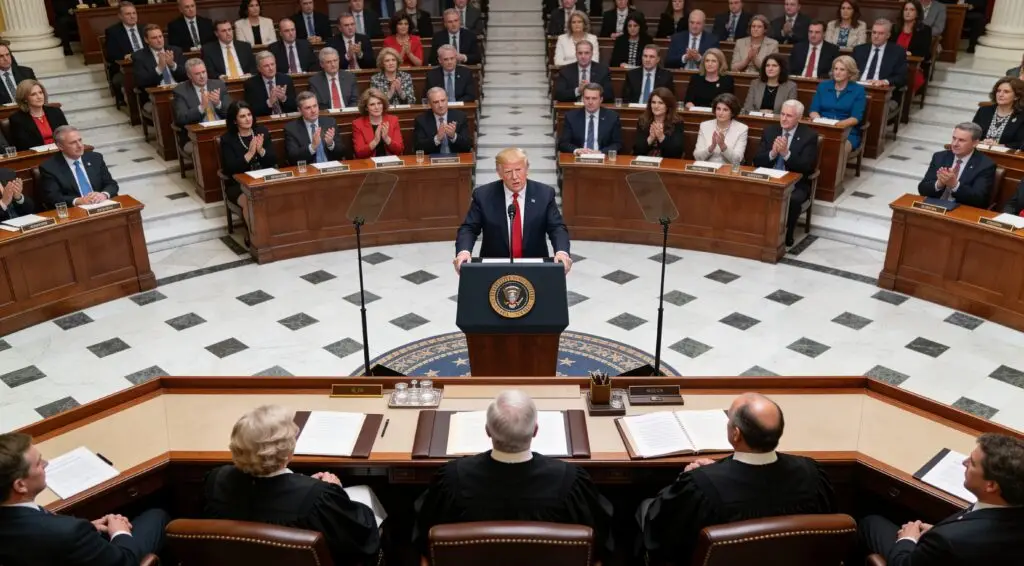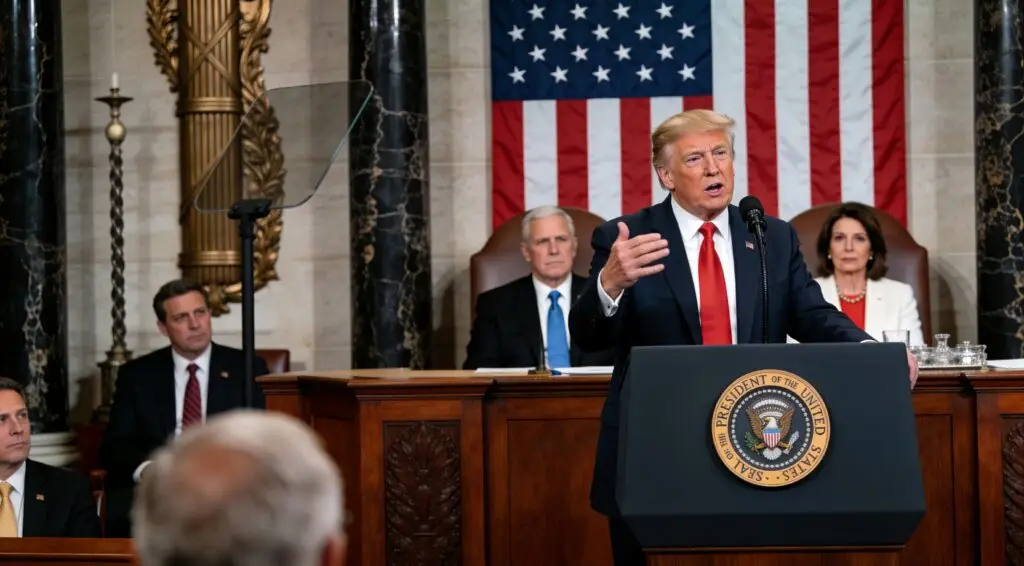A Controversial Proposal with Global Impact
Former President Donald Trump is backing a controversial legislative proposal that could have major implications for the global financial landscape. The bill, described by Trump as a “big, beautiful bill,” seeks to impose a 5% tax on remittances sent by non-U.S. citizens to their home countries. If passed in its current form, the measure could reshape how millions of people send money across borders.
The bill directly targets one of the most vital financial lifelines for many migrant families: international remittances. Over 40 million people living in the United States could be affected, including recipients of visa programs who routinely send earnings back to support their loved ones overseas.
Mexico Pushes Back Against Tax
The bill has already sparked strong opposition abroad, particularly in Mexico, one of the largest recipients of U.S. remittance flows. In a clear rebuke of the proposed tax, Mexican President Claudia Sheinbaum issued a firm response, defending the contributions of Mexican workers in the United States.
“Remittances are the fruit of the efforts of those who, through their honest work, strengthen not only the Mexican economy but also the United States’, which is why we consider this measure to be arbitrary and unjust,” Sheinbaum stated.
Bill Could Generate Billions
From a fiscal standpoint, the numbers behind the bill are significant. According to the Bank of Mexico, remittances to Mexico are expected to exceed $64 billion in 2024. If the tax were applied across similar volumes, it could generate more than $3 billion in revenue for the U.S. government.
However, while the projected revenue is substantial, experts caution that taxing these transactions could produce unintended consequences. The financial burden could fall on the very individuals who rely most on low-cost, efficient ways to support family members in other countries.
Crypto Positioned as a Workaround
As traditional remittance channels come under threat, many are already exploring alternatives to avoid the tax. Manuel Orozco, director of the Migration, Remittances, and Development Program at the Inter-American Dialogue, warned that taxing remittances may not stop capital flows, but rather reroute them through informal or less regulated pathways.
“Some senders would find ways to send money differently, through unauthorized channels,” Orozco explained. This sentiment has led many analysts to believe that cryptocurrency could emerge as a viable solution, especially among tech-savvy users who already distrust legacy financial systems.
Crypto Advocacy Group Weighs In
According to Coin Center, a nonprofit focused on crypto policy and advocacy, blockchain-based money transfers could escape the proposed legislation’s reach. The organization pointed out that self-hosted crypto wallets do not count as remittance-transfer providers under current legal definitions. Since these wallets operate without intermediaries, users could bypass traditional fees and tax obligations altogether.
This loophole could reinvigorate the use of crypto for international money transfers, a use case that has long been touted but rarely adopted on a wide scale. With regulatory scrutiny tightening and financial pressure mounting, this legislation could finally provide the push needed for broader crypto adoption among migrant workers.
A Resurgence in Crypto Utility?
While cryptocurrencies have struggled to achieve mainstream traction for remittances in the past, this proposed tax may revive interest in their original promise: a decentralized, low-cost alternative to cross-border finance. The rise of stablecoins, user-friendly apps, and blockchain infrastructure offers more practical options than ever before for individuals looking to send money without incurring extra costs.
If enacted, Trump’s “big, beautiful bill” may unintentionally trigger a wave of crypto adoption, not just among tech enthusiasts but among everyday users looking to protect their income. As debate around the legislation continues, the crypto world is watching closely for signs of a new and unexpected migration toward digital assets.















